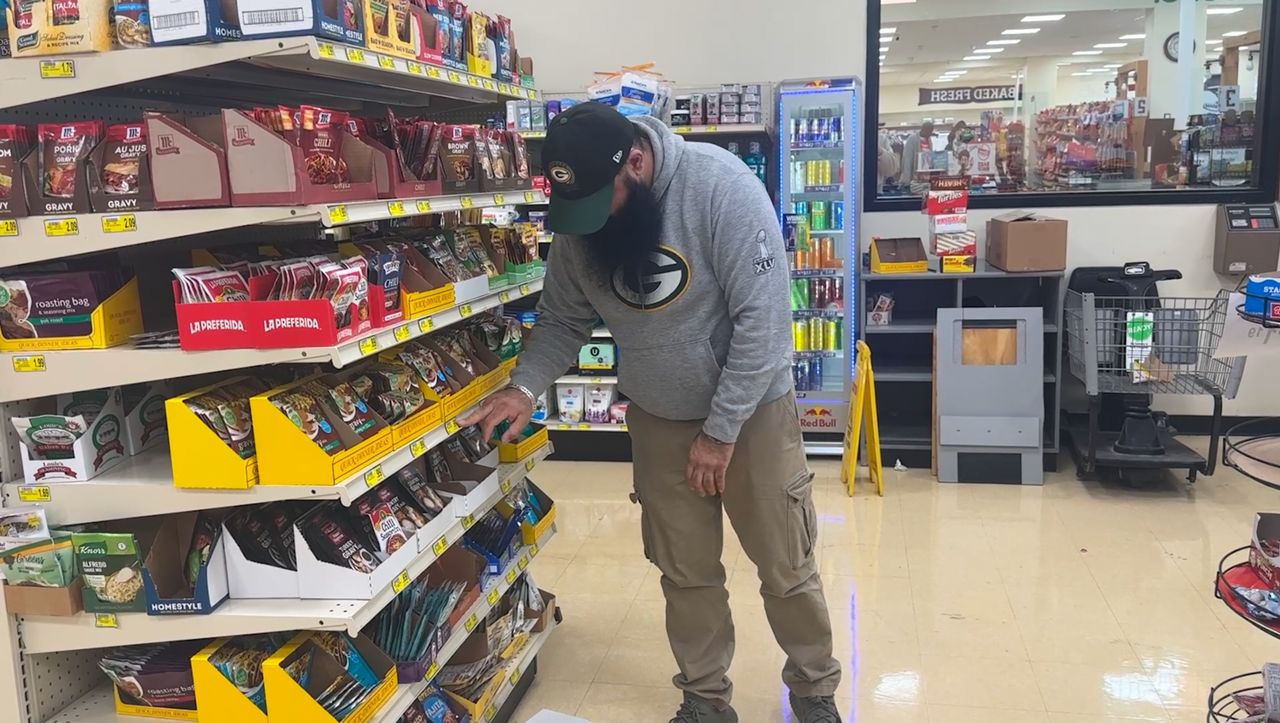MILWAUKEE — Many doctors in Wisconsin and around the country said it’s about time the federal government stressed the strong link between alcohol consumption and cancer risk.
The U.S. Surgeon General has now outlined scientific evidence that links alcohol to seven types of cancer. Some doctors are going as far as to say all alcoholic drinks should come with a cancer warning label.
The seven types of cancer directly linked to alcohol consumption are cancers of the mouth, throat, esophagus, larynx, breast, colon and liver.
Dr. Veronica Loy is the Medical Director of the Liver Transplant program at Froedtert and the Medical College of Wisconsin
“The relative risk with developing a problem increases per drink per week consumption,” said Loy. “The more you’re drinking, the more your risk will be.”
According to the World Health Organization, as alcohol breaks down in the body, it can damage DNA and proteins. It can also alter hormone levels and make it easier for the body to absorb other carcinogens like tobacco smoke.
“The break down substance of alcohol causes oxidative stress and we all know excess oxidative stress in the body is linked with all sorts of health problems and malignancy being one of them,” said Loy.
Loy said raising awareness is key, but prevention is an uphill battle.
Maureen Busalacchi, Director of Alcohol Policy, Prevention and Research at the Medical College of Wisconsin, said alcohol remains a strong part of culture and socializing especially in Wisconsin.
“We’re still way above the national average from binge drinking and that’s the most common way people misuse alcohol,” said Busalacchi. “That’s the most common way that they’re injuries and it can even bring you into disease states without having an alcohol use disorder.”
The goal now is to spread the surgeon general’s warning, stress its seriousness and encourage state and federal leaders to take action on the issue.
“I do think there’s clearly a need for education and awareness that we as a community and especially as a health community should be providing to our patients,” said Loy. “Whether a label or not is not something I’m available to prepared to comment on but the importance of awareness is clearly there.”












